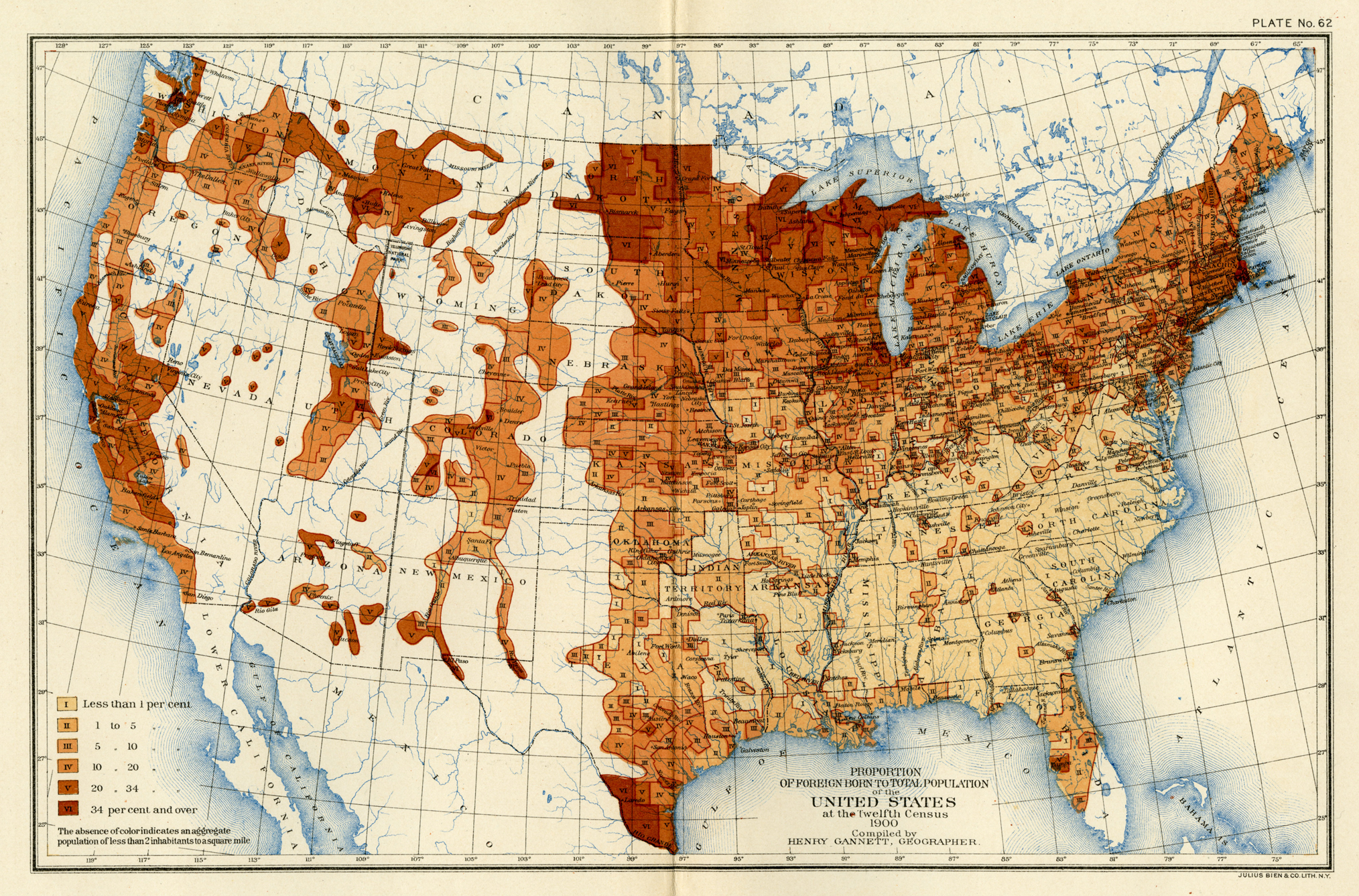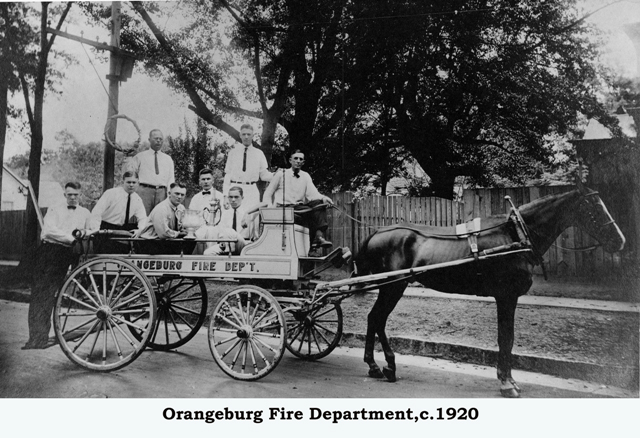The biggest problem is that if the south or Dixy leaves you end up removing the big giant restraining bolt that keeps new england from going off the rails.
Let me explain further, this is a region of the country founded by litteral cultists, on the positive side they have all of the energy because cults on the negative side unless they are countered by an equally strong personality (AKA the south) they will run roughshod over every one else and will go off the rails.
Now remove all of the brakes on american culture and hand them a crusade to fight.....
yeah that is not a recipe for peaceful coexistance thats a recipie for a blood fueled crusade where New England uses every method they have to isolate the south before showing up with an industrialized army to obliterate it and remake it in its image. Which is good for no one.
Fact is while losing the civil war was painful for the south it was likely the least worst option they were going to realistically get at that point.
Would have to disagree. By this time New England had lost much of its power. It was already being side-lined by 1812 remember. Also while it might have been founded by Puritans initially Massachusetts at least, which was its centre of power was becoming increasingly Irish Catholic so it had lost much of its unity. Furthermore what would they have to crusade about? As others have said the actual issue of slavery was a relatively minor one for most of the north during much of the war and if they do seek to reconquer the south and free all those slaves what the vast majority of the north won't want would be those blacks heading north where there's more economic opportunities.
By this time power is overwhelmingly in the lower north and increasingly also in the areas further west in the Ohio and Mississippi valleys. They have zero interest in a war with the south if it can be avoided because of the high economic costs to them. Furthermore if the southern victory has been a costly failure for the north while there will be fanatics in the military who might want to gain revenge and seek to wipe out the 'disgrace of defeat' but there will be many people including probably most of the pbi who suffered so much in the war who will be say "hell no. We're not going through that again". Plus as I pointed out an openly and highly revanchist north is going to pay a sizeable cost for such a stance.


